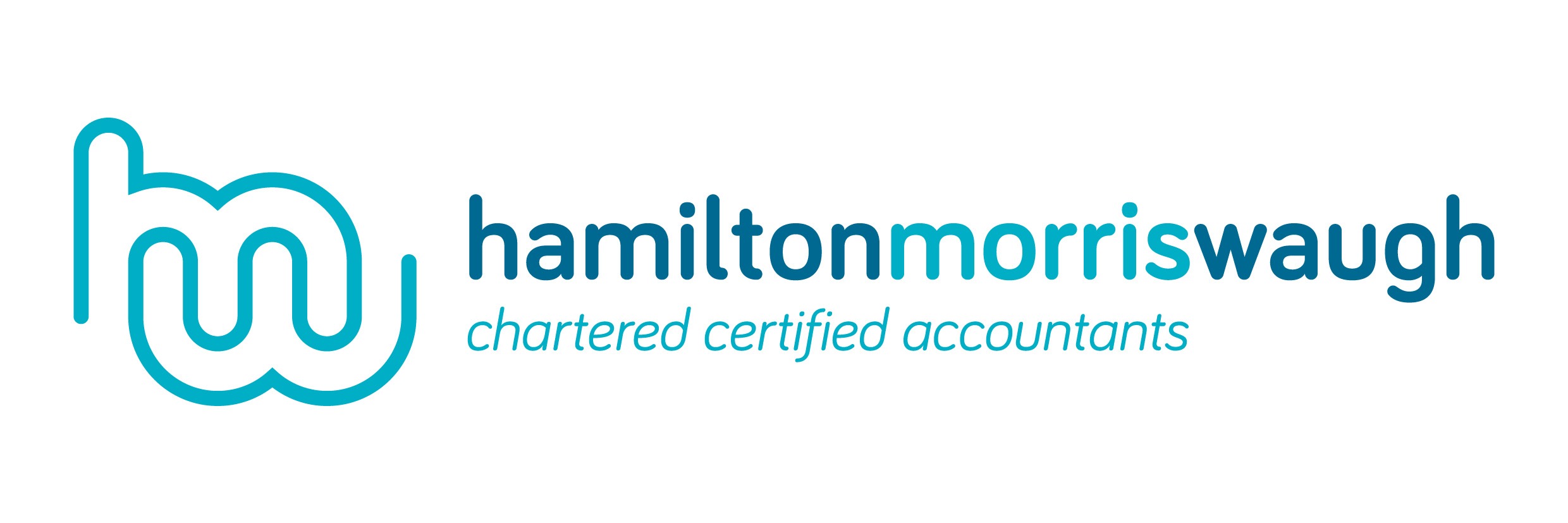The pharmacy sector, consisting of thousands of community pharmacies across the UK, faces several unique financial challenges, from handling NHS reimbursements to managing inventory and day-to-day operational costs.
By implementing strategies designed to boost your cashflow you can improve your pharmacy’s financial health and secure a prosperous future.
Understanding cashflow for pharmacies
Before detailing specific strategies, it’s important to understand the factors that impact pharmacy cashflow.
Pharmacies generate income through various streams, including the following.
- NHS prescription dispensing: Pharmacies receive a set fee for each prescription under the NHS.
- Advanced and enhanced services: Additional services like flu vaccinations or medication reviews can provide extra income.
- Retail sales: Over-the-counter medications, health and beauty products, and other retail items contribute to a pharmacy’s revenue.
- Private services: Some pharmacies offer private consultations or services, generating additional income.
And conversely, pharmacies also face expenses from multiple activities and sources, such as the following.
- Drug and supply costs: Purchasing medications and medical supplies is a substantial ongoing expense.
- Staff salaries: Employing pharmacists, technicians and support staff is a major cost for pharmacies.
- Premises costs: Rent, utilities and maintenance of the pharmacy premises impact cashflow.
- Technology and equipment: Investing in and maintaining pharmacy technology and equipment is an essential expense.
Understanding the inflows and outflows of cash in your pharmacy is fundamental.
From there, you can consider how best to balance and optimise them to increase both short- and long-term cashflows.
Optimising inventory management
A key cashflow challenge for pharmacies is managing inventory effectively. Tying up too much cash in slow-moving or excess stock can strain your financial resources.
Here are some strategies to optimise your inventory.
- Regularly review stock levels: Conduct frequent inventory audits to identify slow-moving or overstocked items. Use this information to adjust your ordering practices.
- Implement just-in-time (JIT) ordering: By ordering stock closer to when it’s needed, you can reduce the amount of cash tied up in inventory.
- Negotiate with suppliers: Build strong relationships with your suppliers and negotiate favourable payment terms or discounts for bulk purchases.
- Utilise inventory management software: Invest in technology that helps you track stock levels, set reorder points and identify demand trends.
Streamlining NHS reimbursements
Pharmacies rely heavily on NHS reimbursements for dispensing prescriptions.
However, the time lag between dispensing medications and receiving payment can create cashflow challenges. Here are some strategies to leverage NHS reimbursements effectively.
- Submit claims promptly: Ensure that you submit your NHS claims accurately and promptly to avoid delays in reimbursement.
- Reconcile payments regularly: Regularly reconcile your NHS payments against your submitted claims to identify any discrepancies or outstanding payments.
Implementing effective financial controls
In addition to the strategies above, implementing robust financial controls can help you manage your cashflow more effectively.
Here are some key areas to focus on.
- Budgeting and forecasting: Develop a comprehensive budget and cashflow forecast to help you anticipate and plan for future financial needs.
- Regular financial reporting: Produce financial reports, such as profit-and-loss and cashflow statements, to monitor your financial performance.
- Expense management: Implement strict controls over expenses, ensuring all expenditures are necessary and aligned with your business objectives.
Add new services to your pharmacy
Beyond dispensing medications, pharmacies can boost cashflow by expanding their range of health services.
These might include travel vaccinations, health screenings, smoking cessation programmes and other private consultations, which stand to increase both revenue and customer footfall.
Implementing an online booking system and promoting these services in-store and online can help pharmacies generate additional income, thus boosting cashflows.
Improve your pharmacy’s financials with expert advice
Effective cashflow management is critical to the long-term success of your pharmacy.
By implementing these strategies, you’ll improve your pharmacy’s financial health and unlock more cash for reinvestment and growth.
Looking for more expert help? At Hamilton Morris Waugh, we work with family-run businesses, including pharmacies.
We can assist you in developing a comprehensive cashflow strategy tailored to your pharmacy, optimising your inventory management, implementing effective financial controls and more.
Contact us today to learn more.


